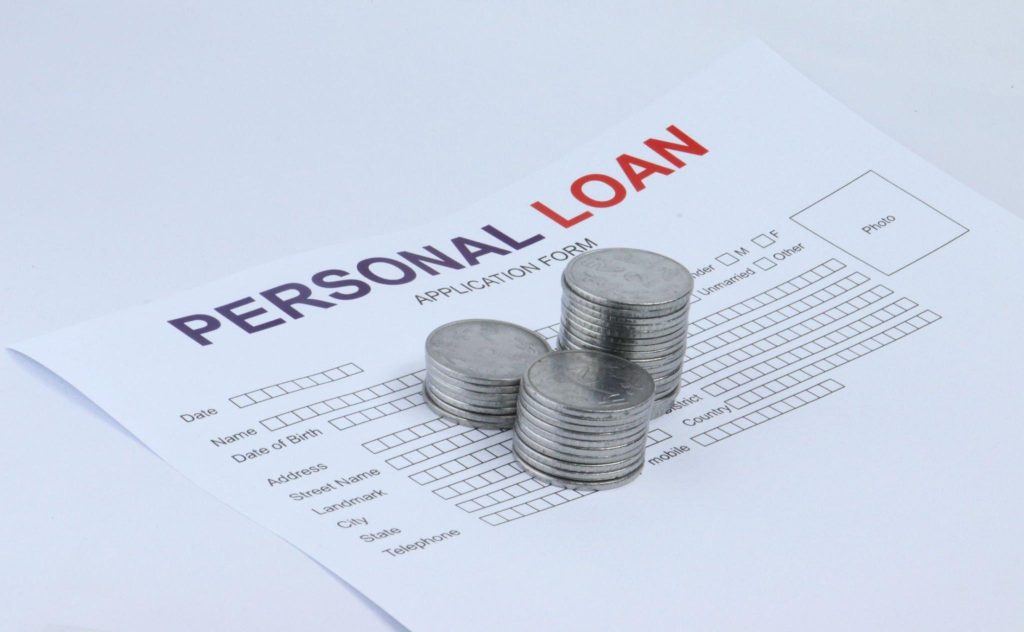In a world where financial decisions play a pivotal role in our lives, choosing between secured and unsecured personal loans is a crucial task. Whether you’re planning a dream wedding, a home renovation, or dealing with unexpected expenses, understanding the pros and cons of these loan types is essential. In this article, we’ll navigate the intricate landscape of secured and unsecured personal loans, tailoring our insights specifically for the Indian context.
Personal loans are a common financial tool for meeting various needs, from funding a wedding to managing unexpected medical expenses. When considering a personal loan in India, one crucial decision is choosing between a secured and an unsecured loan. Here are the pros and cons of each:
Secured Personal Loans:
Pros:
- Lower Interest Rates: Secured loans are backed by collateral, often in the form of property or assets. This lowers the risk for lenders, leading to comparatively lower interest rates.
- Higher Loan Amounts: Since the loan is secured, lenders are more willing to offer higher loan amounts, making it suitable for substantial financial requirements.
- Longer Repayment Tenure: Secured loans usually come with longer repayment periods, making monthly installments more manageable for borrowers.
Cons:
- Risk of Asset Seizure: The major drawback is that if you default on payments, the lender can seize the collateral (property or asset) to recover the outstanding amount.
- Lengthy Approval Process: Secured loans often involve a more extensive approval process, including the valuation of the collateral, which may result in a longer waiting period.
- Strict Eligibility Criteria: Lenders may have stricter eligibility criteria for secured loans, making it challenging for some individuals to qualify.

Unsecured Personal Loans:
Pros:
- No Collateral Required: The most significant advantage is that you don’t need to pledge any assets. This makes it accessible to individuals without valuable collateral.
- Faster Approval: Unsecured loans generally have a quicker approval process since there is no need for collateral evaluation.
- Simpler Application Process: The application process is usually more straightforward, requiring fewer documents compared to secured loans.
Cons:
- Higher Interest Rates: Unsecured loans carry higher interest rates as they pose a higher risk to lenders. Borrowers may end up paying more over the loan tenure.
- Lower Loan Amounts: Due to the increased risk for lenders, the loan amounts offered for unsecured loans are typically lower than those for secured loans.
- Shorter Repayment Tenure: Unsecured loans often come with shorter repayment periods, leading to higher monthly installments.
Conclusion:
Choosing between secured and unsecured personal loans in India depends on your financial situation, the urgency of your needs, and your risk tolerance. If you have valuable assets to pledge, a secured loan might offer lower interest rates and higher loan amounts. However, if you don’t want to risk your assets, an unsecured loan provides a faster and simpler option, albeit with higher interest rates and lower loan amounts. Always compare the terms and conditions of different lenders before making a decision.


